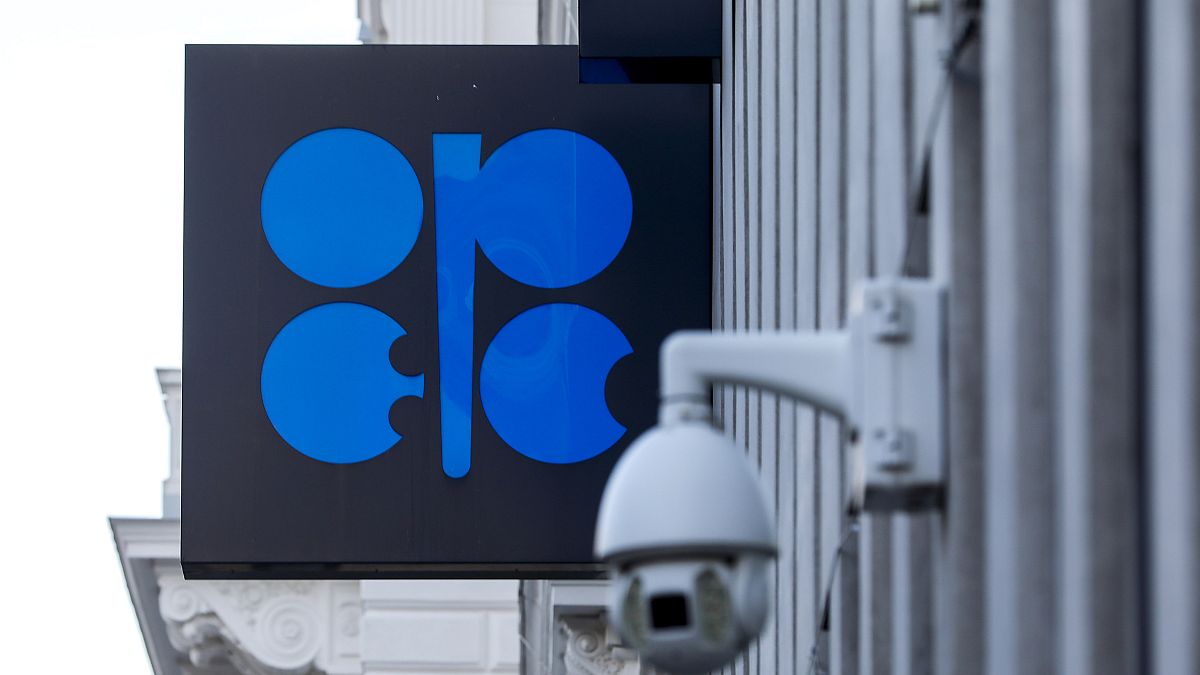
OPEC+ faces a critical decision in the coming weeks as it evaluates whether to move forward with its planned oil production increases scheduled to begin in October. The decision is fraught with complexity, driven by a mix of economic, political, and market factors that could significantly influence global oil prices and economic stability.
The planned increases stem from a decision made in June 2024, where OPEC+ members agreed to unwind a series of voluntary production cuts that have been in place since late 2022. These cuts were initially implemented to address surplus oil inventories and stabilize prices during a period of economic uncertainty. The cuts have been effective in drawing down excess supply, with commercial crude and refined product stocks in OECD countries falling significantly below their ten-year seasonal average by the end of June 2024.
However, the economic landscape has shifted since the decision was made. Oil prices have remained relatively stagnant, with inflation-adjusted front-month Brent futures averaging $79 per barrel in August 2024, a decline from $84 in November 2023. This price trend suggests a delicate balance between production and consumption, with little room for error if OPEC+ were to increase output as planned.
The decision to proceed with the planned increases is not straightforward. On one hand, increasing production could further weaken prices, especially if the market has not fully anticipated the additional supply. This could trigger a sell-off among fund managers, who have already reduced their positions in crude and fuel contracts to some of the lowest levels since 2013 due to heightened economic uncertainty. On the other hand, postponing the increase could bolster prices temporarily but risks losing market share to non-OPEC+ producers, particularly in the Western Hemisphere, where competitors could step in to fill the gap.
Saudi Arabia, as the de facto leader of OPEC+, faces a particularly challenging situation. The kingdom has been a strong advocate for production cuts, seeing them as necessary to maintain market stability. However, it must also consider the potential consequences of either action. If OPEC+ opts to defer the increase, it could lead to a temporary rally in prices, especially if the market has not fully discounted the possibility. But if the group moves forward, it could exacerbate the current price weakness, particularly if global economic conditions continue to deteriorate.
Adding to the complexity is the strategic importance of maintaining cohesion within the OPEC+ alliance. Any decision to alter the agreed production increases could test the unity of the group, particularly among members with differing economic needs and priorities. Some members might be tempted to break ranks and increase production unilaterally if they perceive that delaying the increase is not in their best interest.
The global economic outlook is another crucial factor in this decision. Concerns about the health of major economies, particularly in Europe and China, have raised doubts about future oil demand. Recent data shows that U.S. commercial crude inventories have declined faster than expected, suggesting a tightening market, but this has not been enough to offset broader concerns about demand weakness. If these concerns materialize, they could further weaken oil prices, making any production increase by OPEC+ even riskier.
The decision facing OPEC+ is one of high stakes and limited options. The group must carefully weigh the risks of proceeding with the planned production increases against the potential benefits of maintaining the status quo. The outcome of this decision will likely have significant implications for global oil markets, influencing prices, supply dynamics, and the broader economic environment in the months ahead. As OPEC+ members convene to deliberate, the world will be watching closely to see how this pivotal moment in the oil market unfolds.



